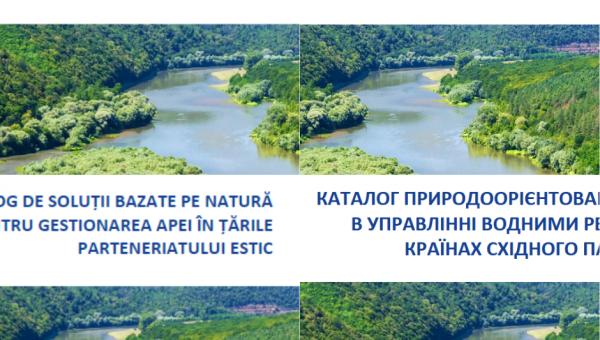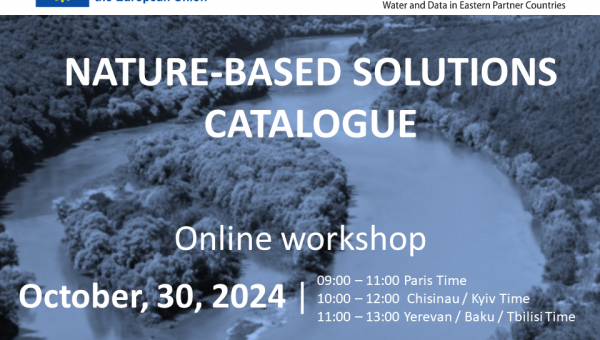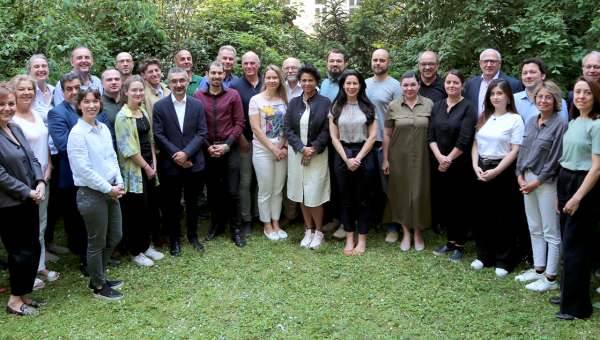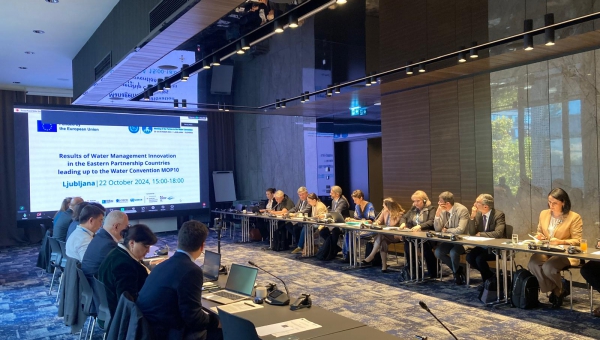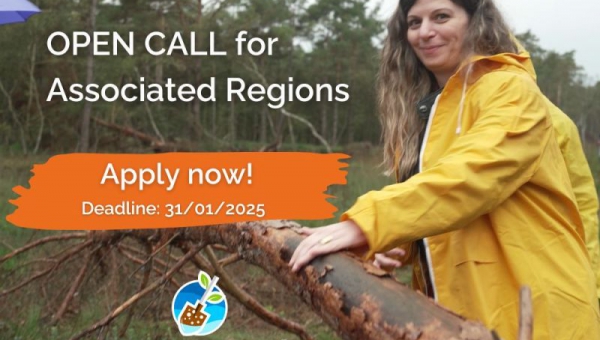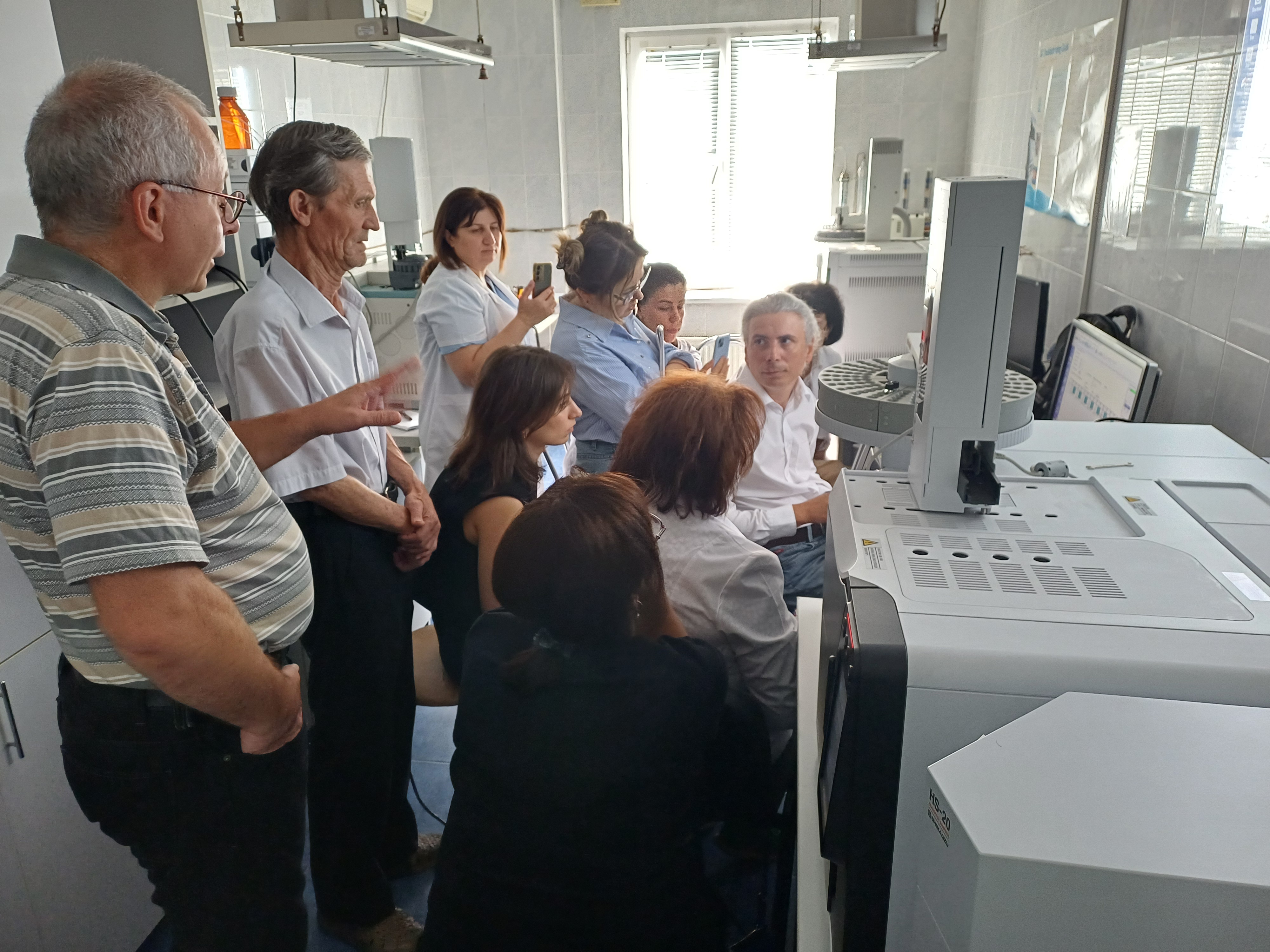- Country: Regional
- Component: Water resources
As part of the EU4Environment Water and Data programme, the implementation of River Basin Management Plans (RBMPs) in Armenia, Azerbaijan, Georgia, Moldova, and Ukraine aims to improve the qualitative and quantitative status of water bodies. A key component of these plans is the programme of measures, which includes a range of actions to restore affected water bodies.
Nature-Based Solutions (NbS) play a crucial role in RBMPs, offering sustainable approaches that address environmental challenges while preserving biodiversity and natural resources. These solutions provide cost-effective, long-term alternatives to traditional infrastructure investments.
The Catalogue of Nature-Based Solutions for Water Management in the Eastern Partnership Countries offers:
� 34 documented NbS factsheets with case studies and technical references
� Examples of cost calculations and unit costs
� Practical guidance for practitioners, decision-makers, and researchers
Examples of NbS already in use across the region include:
� Community forest and pasture management in Moldova’s Orhei National Park
� Agroforestry systems in Georgia to reduce wind erosion
� Steppe ecosystem restoration in Ukraine to protect wildlife habitats
� Download the catalogue in all languages: https://eu4waterdata.eu/en/resource-library-hidden/56-eap-region-3/378-catalogue-of-nature-based-solutions-for-water-management-in-the-eastern-partnership-countries.html
The catalogue and their translations been developed with the support of the European Union via technical guidance of the International Office for Water (OiEau) France.


